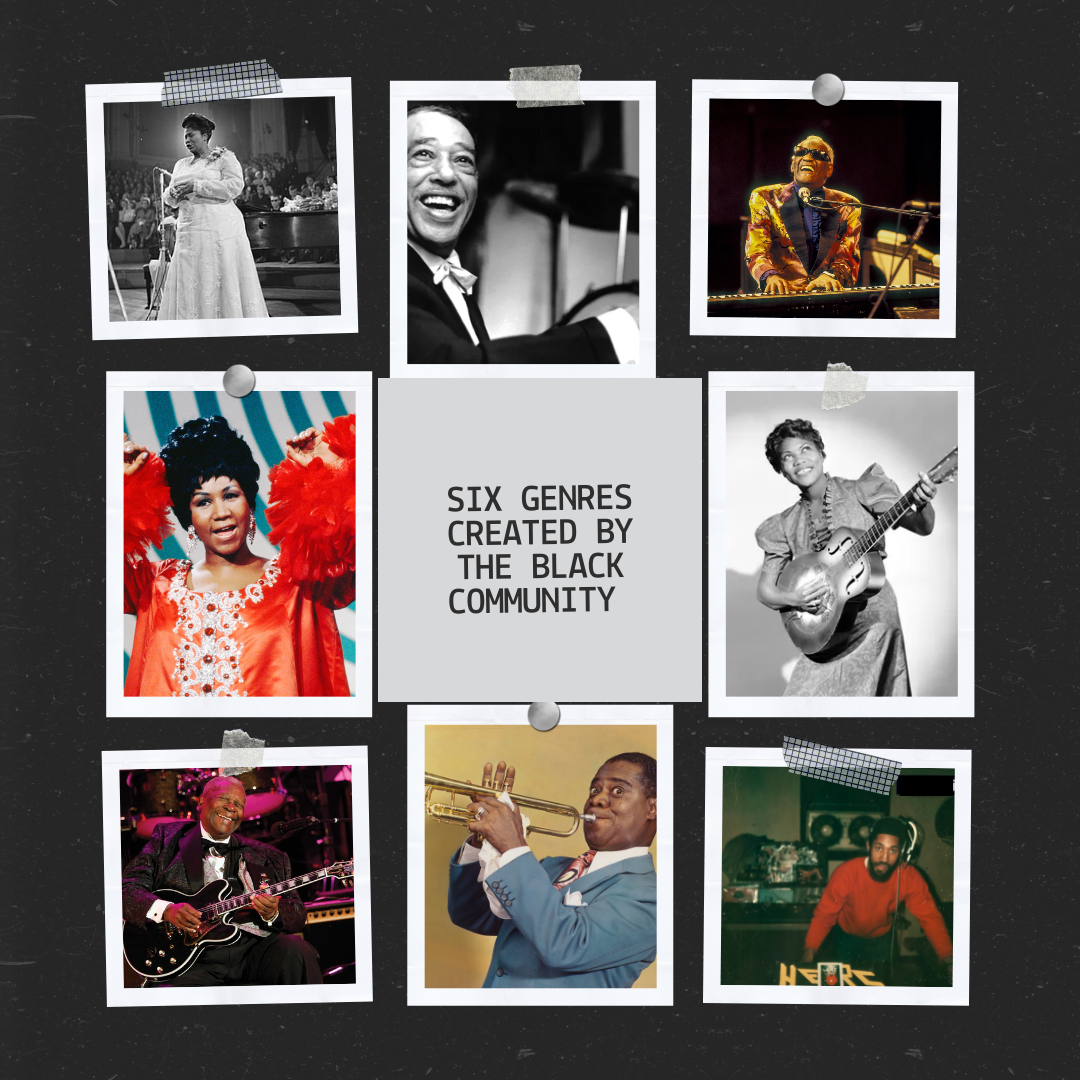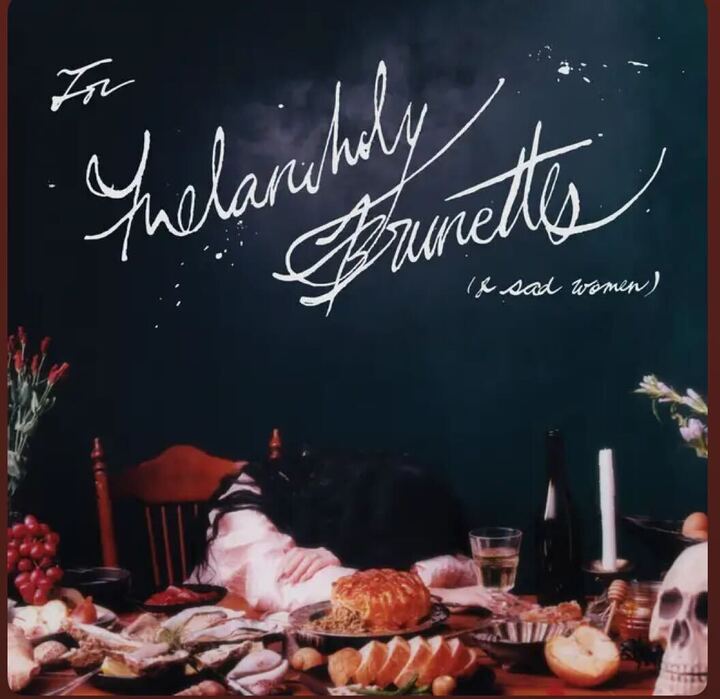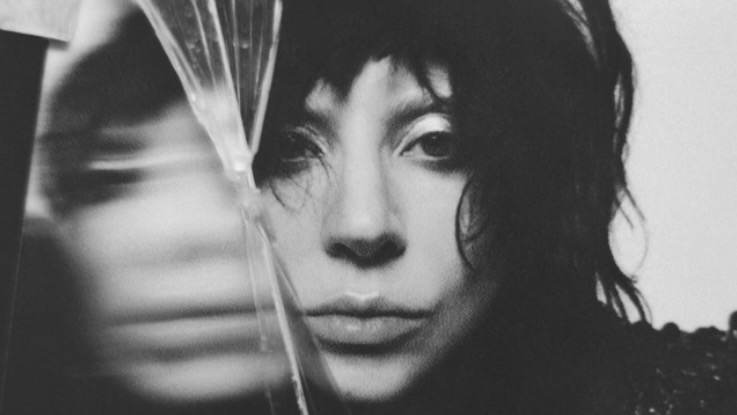For generations, music has been used to transcend boundaries to connect people across cultures, generations and backgrounds. Within the vast musical landscape, many genres owe their development and evolution to the Black community. From the melancholy strains of the blues to the infectious rhythms of hip-hop, several genres reflect the black community’s resilience, creativity and cultural heritage from around the globe.
Within the rich tapestry of musical categories, several genres stand out for their influence and cultural significance in today’s music industry from the Black community. This article will explore a few of the popular genres that have their roots firmly planted in the African American and Black communities.
Gospel and Spiritual
Rooted in the religious traditions of the African American community, gospel music is a genre characterized by its uplifting lyrics, powerful vocal harmonies and spirited rhythms. Drawing from spirituals and Christian psalms and hymns merged with African music styles and American secular music styles. Spirituals originated as an oral tradition that had passed on Christian values and defined the hardships of slavery.
In the 1930s and 1940s, gospel music gained popularity outside of the church, with artists like Mahalia Jackson and Thomas A. Dorsey bringing the genre to wider audiences. Now, gospel music is marketed commercially to listeners, drawing sonic inspiration from contemporary and secular sounds while remaining vibrant and conveying religious ideas.
Jazz
One of the most significant contributions of black musicians can be seen in the world of jazz music. Originating in the late 19th and early 20th centuries, the African American community of New Orleans, jazz is a genre characterized by its improvisational nature, syncopated rhythms and unique harmonic structures. Drawing inspiration from a blend of African musical traditions, blues and ragtime, jazz gained quick popularity and took the United States and the globe by storm.
Historical figures like Louis Armstrong, Miles Davis and Duke Ellington revolutionized the genre, pushing the boundaries and exploring new avenues of expression and creativity. Jazz became a symbol of cultural liberation and artistic freedom, challenging historic social norms and inspiring generations of musicians worldwide. The genre continues to grow and evolve today, with some keeping the traditional dance-oriented music of the 1920s to other musicians experimenting with the modern flair of avant-garde jazz.
Blues
Originating in the African American communities in the South, the blues is characterized by its emotive lyrics, soulful melodies and distinctive chord progressions. The blues emerged from the hardships and struggles of the Black experience and served as a form of musical expression and a means of cleansing for many African Americans. Blues artists from different regions including the Mississippi Delta, Memphis, Chicago and Southern Texas all manifest unique identifiable messages and sounds. For example, Mississippi Delta blues portrayed the poverty of the region while celebrating the cultural richness of the people who lived there.
Robert Johnson, B.B. King and Muddy Waters pioneered the blues genre and brought it to the forefront of American music, allowing its influence to seep into rock and roll, R&B and countless others.
Rock and Roll
Often credited as the first truly integrated genre of music, rock and roll emerged in the 1950s as a fusion of rhythm and blues, and gospel music with American pop and country genres. The genre incorporates Black artists like Chuck Berry, Little Richard and Sister Rosetta Tharpe shaped the sound and style of rock and roll, bringing a new attitude and energy to popular music that appealed to the rebellious appetites of American youth culture of the time.
Despite facing racism and discrimination, pioneering artists helped break down racial barriers and paved the way for future generations of musicians. Today, rock and roll remains a powerful and enduring genre, with its footing still planted in the black musical tradition.
R&B
Short for rhythm and blues, R&B emerged in the 1940s as a fusion of jazz, gospel and blues music. Characterized by soulful vocals, smooth melodies and intricate rhythms, R&B quickly became a popular genre among African Americans and beyond.
Trailblazers like Aretha Franklin, Marvin Gaye and Ray Charles helped popularize R&B, bringing it to a wider audience and influencing countless other genres. Today, R&B remains a vibrant and diverse genre, with artists continuing to push sonic boundaries and forms of expression with iterations of soul and funk characteristics.
Hip-Hop and Rap
Emerging from the Bronx, N.Y. in the 1970s, hip-hop is a genre characterized by spoken word lyrics, innovative sampling techniques and rhythmic beats. Rooted in the African American and Afro-Caribbean communities, hip-hop serves as a driving force in the development of mass and popular media. The genre birthed an entire cultural form, while rap remains a means of social commentary for artists to voice calculated opinions and share experiences regarding social and political issues.
Key figures like DJ Kool Herc, Grandmaster Flash and Afrika Bambaataa pioneered the genre, laying the foundation for its explosive growth and global influence. Today, hip-hop remains one of the most popular and influential genres of music, molding mainstream culture and providing a voice for marginalized communities around the world.
The genres pioneered by Black innovators are not just musical styles; they are cultural artifacts that reflect the rich and complex history of the black experience. From the rhythmic beats of hip-hop to the soulful melodies of R&B, these genres have shaped the global music landscape and inspired countless artists and listeners alike.





